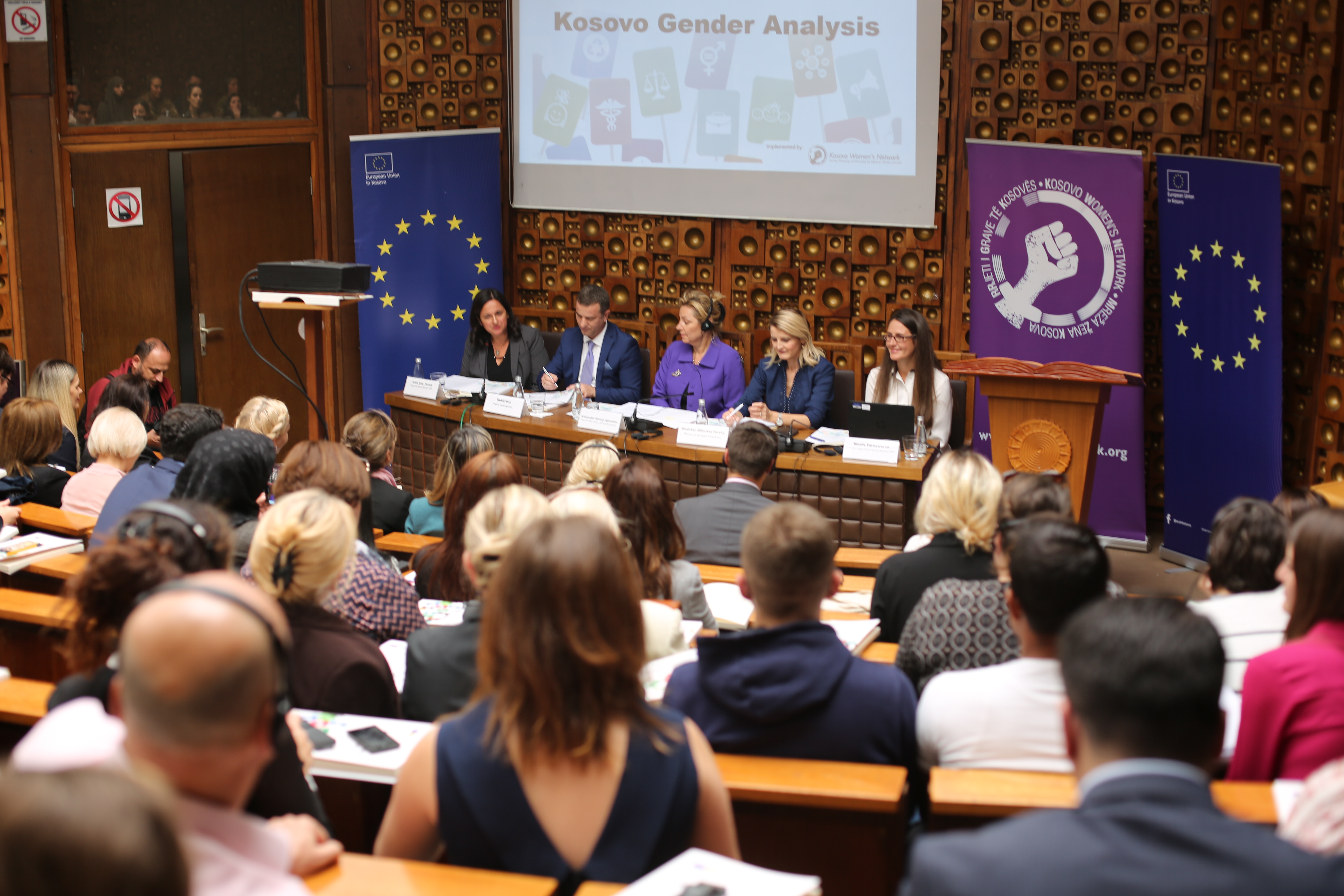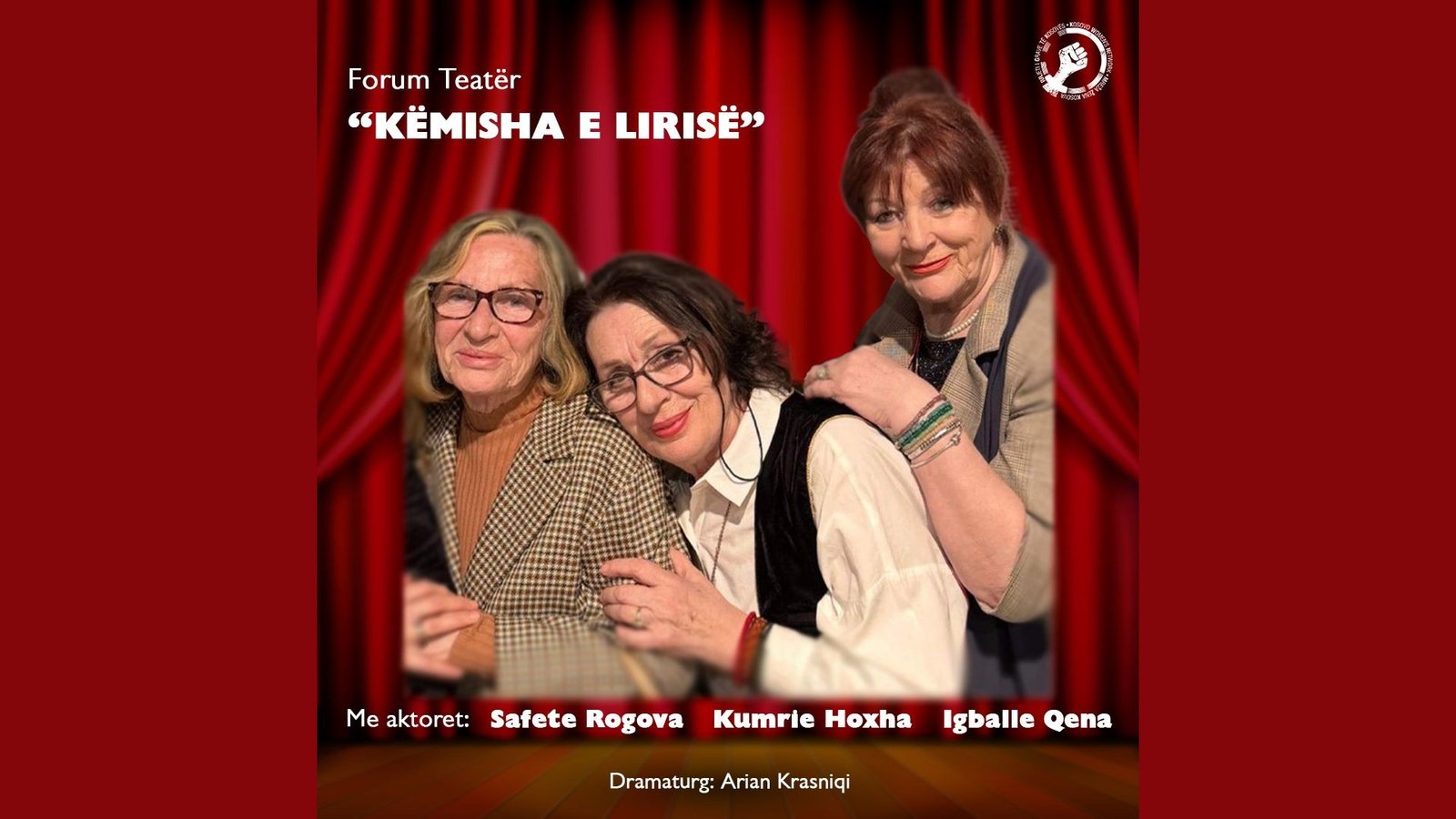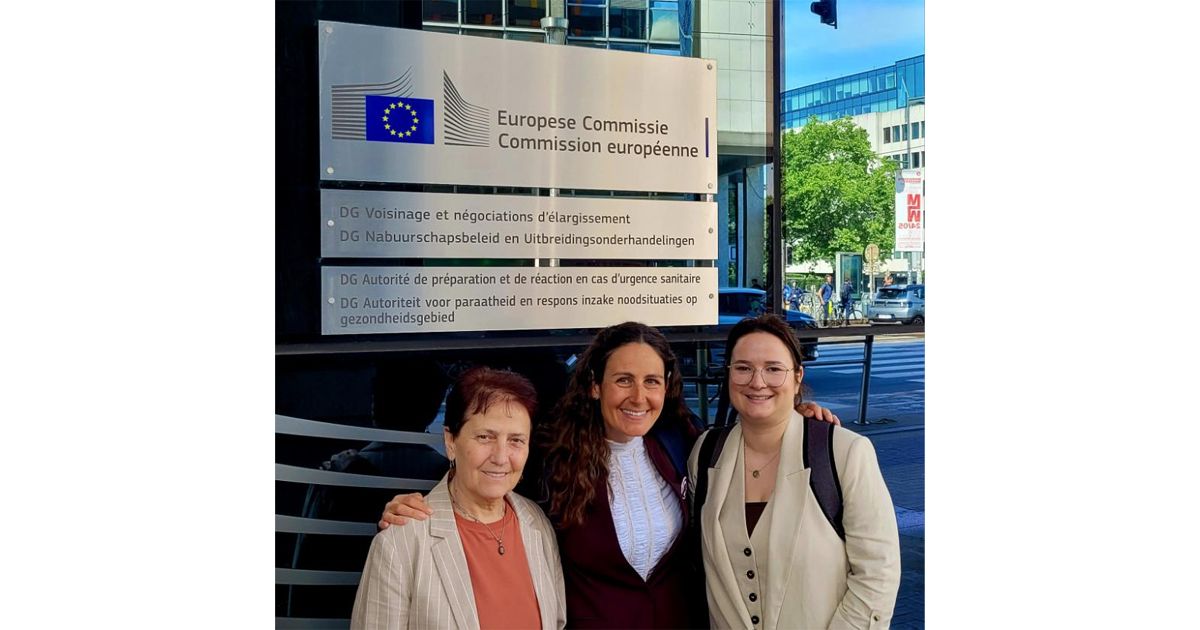Today, on October 3, the European Union Office in Kosovo / European Union Special Representative in Kosovo, represented by Ambassador Nataliya Apostolova, launched the Kosovo Gender Analysis in cooperation with the Kosovo Women’s Network (KWN) at the National Library of Kosovo, from 14:15.
Researched and written by the Kosovo Women’s Network at the request of the European Union Office in Kosovo, the Kosovo Gender Analysis provides current information on the situation of men and women in different sectors, ranging from agriculture, to economy, to energy, to environment, to justice, among others.
Ambassador Nataliya Apostolova, Head of EU Office in Kosovo / EU Special Representative, during her opening remarks on the importance of the Kosovo Gender Analysis and the European Union’s Efforts towards furthering Gender Equality in Kosovo, expressed her pleasure to officially launch this report while acknowledging the Network’s extensive experience with gender analysis as a qualified partner implementation of this ambitious endeavor.
“Gender equality is crucial to ensuring security, to establishing political stability, and achieving to economic development. Substantial evidence shows that countries in which women and men are more equal and participate equality in decision making, are countries that are more developed, more secure, more stable. It is proven that there is less corruption when more women participate in political life,” stated Ambassador Apostolova.
Meanwhile, Minister Dhurata Hoxha, Minister of European Integration, on her speech she expressed that „I want to congratulate the Kosovo Women’s Network in conducting this important research. This research will help everyone, especially us a small number of women in the Government, to support each other and to promote a greater participation in politics. Only through this path we can make a positive change in our society“.
Afterwards, Mehdi Geci, Deputy Ombudsperson spoke about Ombudsperson’s efforts towards fighting gender discrimination through investigating complains and implementing the law.
„The complains of various cases received at our institution related to violation of women’s rights at workplace, as well as violation of women’s property rights, are now being processed by the competent courts,“ said Mr. Geci.
Further, Nicole Farnsworth, Program Director / Lead Researcher at KWN, and co-author of this report, presented the key findings which included:
Governance and Democracy: Women, including ethnic minority women, remain underrepresented in governance compared to men;
Rule of Law and Fundamental Freedoms: women still own substantially less property (17% of properties) than men; Men are far more likely than women to commit crimes and be convicted (in 2015, of adults convicted, 95% were men); Gender-based violence, particularly domestic violence, remains widespread. Contributing factors include socialized gender norms and power relations that underpin male violence; and untreated trauma. Institutional response remains weak.
Education: Pre-school attendance is low and far from meeting the EU Barcelona Objective targets due to insufficient affordable pre-school facilities; Women are underrepresented among university professors as well; Children with disabilities lack access to education, and girls with disabilities face more challenges than boys;
Employment: Officially, only 13% of all women are employed, compared to 47% of men; A key factor contributing to women’s low labour force participation is care responsibilities, primarily childcare; 32% of women state that this hinders their employment;
Competitiveness and Innovation: In 2017, women owned 13% of all enterprises and 18% of new businesses registered in 2014-2016;
Women remain underrepresented in the sectors of Agriculture, Energy, Environment and Transportation;
Health: More women work in health institutions than men. Gender-disaggregated data on occupations is lacking; sociocultural boundaries and access to finances undermine women’s access to healthcare in particular.
This Analysis also includes concrete recommendations for EU’s future support to the Government of Kosovo, particularly related to Instrument for Pre-Accession (IPA) programming and future political dialogues.
The event was attended by a diverse audience, including representatives of the Government of Kosovo, Embassies, Civil Society Organizations and students.





